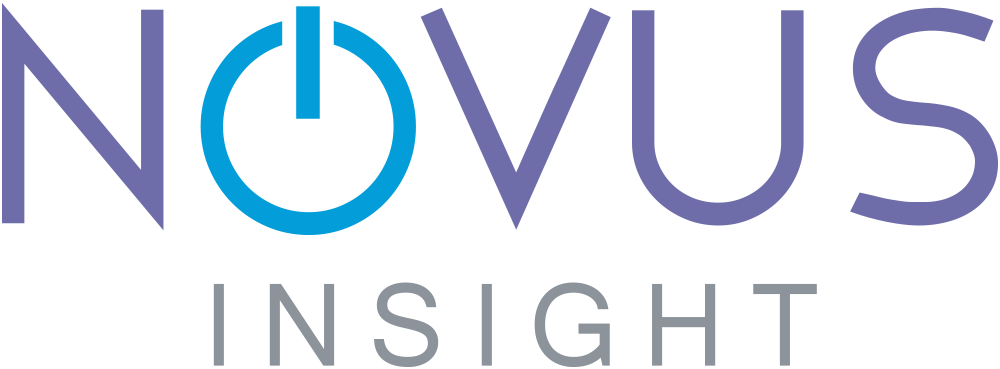TANGO Partners Perspective – June 2022
10 Questions to Ask When Considering New Case Management Software
Joe McGrattan, Strategic Partnerships
Novus Insight, Inc.

Many of our human services clients have to cope with heavy caseloads. How efficiently they do this determines the ratio of quality time spent with clients vs. having to take care of administrative tasks. Case management can be a real challenge. It typically involves a lot of communications, a variety of forms to complete, documents, reports, and coordinating activity between people inside and outside of the organization, some who don’t regularly work together.
Using quality case management software can make a big difference for organizations managing many cases across multiple programs. Here are 10 questions to ask vendors when considering the purchase of this type of software.

1. Is multi-user access to case files supported?
Very important when collaboration on a case file is needed. What each person is able to see and do should be tightly controlled via permission settings (view only, view only certain fields, view everything and make changes, etc.).
2. How is case data managed and stored?
A strong argument can be made for centralized storage of all case data in a single database – notes, documents, contact information – virtually any type of data. The centralization promotes data security, data integrity, data consistency, cost containment, and operational efficiency.
3. How extensive are the reporting capabilities?
Reporting should be among the strongest facets of the software. Users should be able to easily generate their own ad hoc reports, share them with a single click, create an unlimited number of dashboard views, and more. Exporting to CSV, PDF or other formats should also require just a single click. And for advanced users, built-in integrations with data analysis apps like Tableau is a plus.
4. Can workflows be automated?
Workflow automation reduces or eliminates manual steps and process bottlenecks, so it’s essential to case management. Look for integration with scheduling tools like Outlook and the ability for users who aren’t tech savvy to easily create workflows and modify them when a process changes.
5. How configurable and flexible is the system?
Software out-of-the-box can be affordable and relatively easy to implement, but it rarely functions exactly like an organization would like. Customized software can take care of this problem but is much more expensive and takes longer to implement. Search for software that combines the best of both worlds and ends up functioning much like custom developed software.
6. What access controls are in place?
Enabling access to a variety of users (including clients) but tightly controlling what each user can do is very important when case files are involved. For example, user access should be able to be controlled down to the field level within forms. Multi-factor authentication support should be a must and integration with single sign on tools and services should also be options.
7. Can custom forms be self-created?
The answer should be yes, preferably where no technical/programming skills are needed to create even complex forms. Capabilities such as unlimited formatting options and support for many form field types should be sought, as well as the ability to incorporate workflow creation and integration with 3rd party data sources into the form design.
8. Can clients be easily tracked across multiple programs?
This should be a “must have” capability. Starting with client intake, data should be able to be aggregated across each program a client interacts with and reported on easily, regardless of number of programs. Also, every modification to a client record needs to be logged and auditable, providing a complete client-level history of how the data has been managed, and by whom.
9. Is communications capability built into the system?
More than ever, the ability to communicate effectively is a core requirement when managing cases. Emailing, texting, triggering notifications based on an event occurring, sharing customized dashboard views, and other capabilities should be on the must-have list.
10. Is the platform able to integrate with our accounting or other systems?
Case management software that doesn’t easily integrate with your other software represents one more data silo to manage. It should be avoided at all costs, and you should task each vendor with explaining the details of HOW their software integrates with other software and what the costs are.
CONTACT OUR
TANGO PARTNER
Joe McGrattan
Strategic Partnerships
Novus Insight, Inc.
Phone: 860.282.4200 x756
Email:
Website: Home – Novus Insight, Inc.
